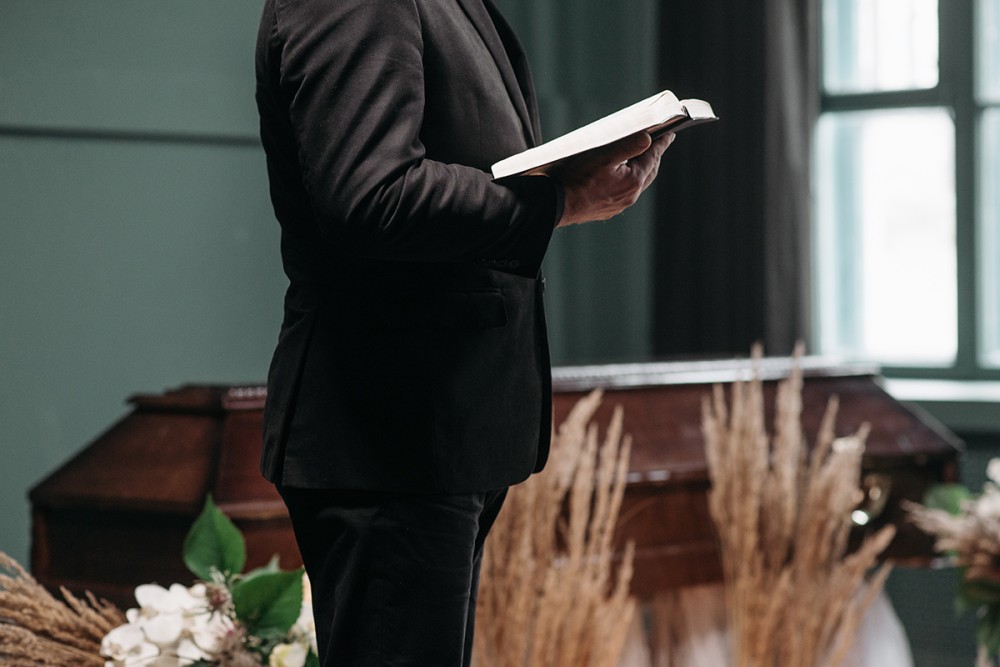What I left out of my mother’s funeral sermon
I told the truth about her but not the whole truth.

At first, I was pleased with the sermon I preached at my mother’s funeral almost two years ago. To begin with, I made it through without breaking down. I’d let myself weep a few days earlier as I was writing it alone in my office so I could manage my emotions later when people were in the room.
When the time came in the service for the homily, I sidled past my wife and siblings out of the front pew and climbed the stairs toward the pulpit. I turned and looked at my family, some of Mom’s old friends, and a few church members who had last seen me here 30 years ago preaching on youth Sunday or singing a solo.
I spoke on a passage often read at weddings: 1 Corinthians 13. It was one of my mother’s favorites; a blanket bearing those well-known verses—love is patient, love is kind, and so on—draped her chair in the family room for as long as I can remember. Paul’s words reminded me of her, of her fierce love for her family. “Mom loved us by doing for us,” I said, and then I listed some of the ways she showed her love: making peach pies, running to the pharmacy for my grandmother, enduring a million Little League baseball games her grandsons were playing in and her teenage sons were umpiring, staying at the side of a dying sister, sitting by the bed of a dying husband. “It was all love,” I said.




